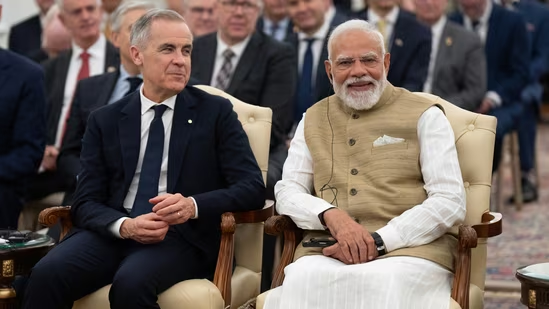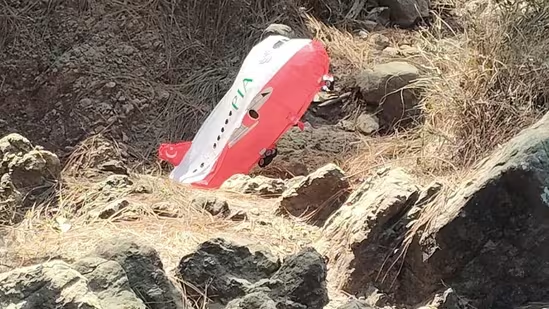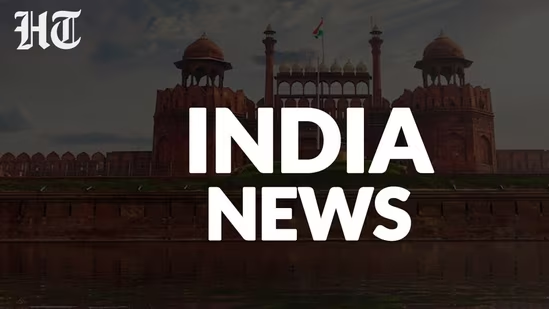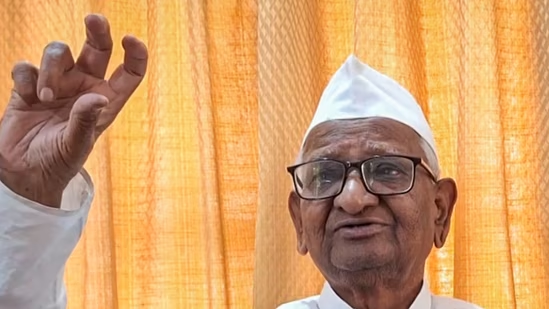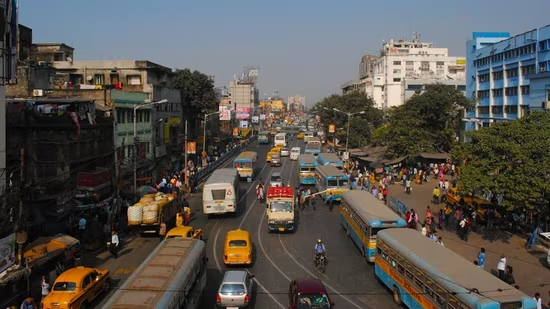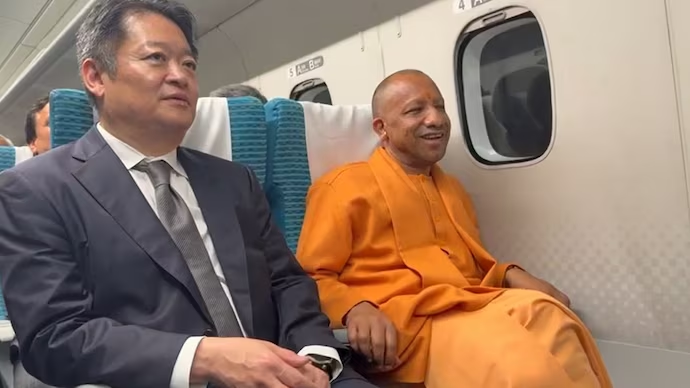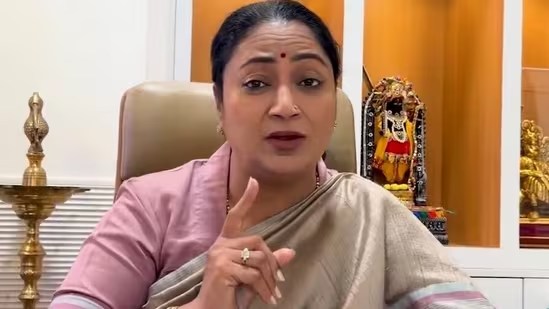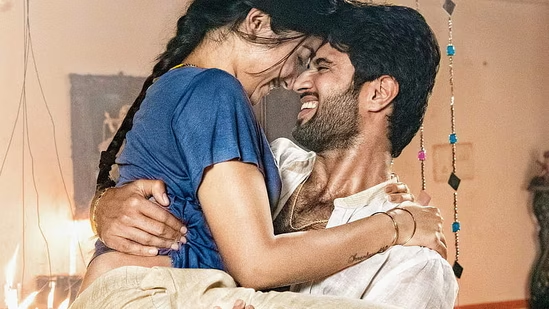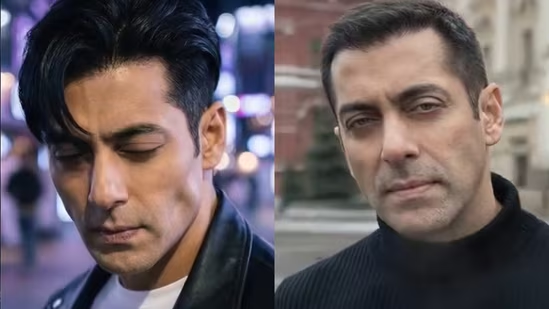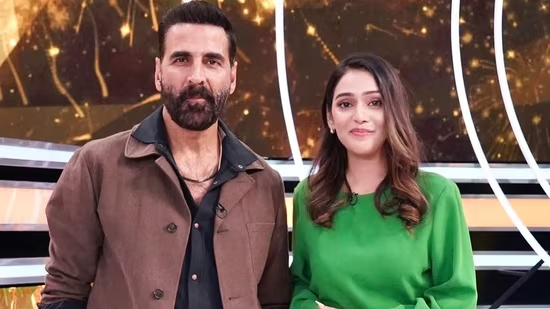In a week of significant diplomatic engagements, Indian Prime Minister Narendra Modi embarks on historic visits to Poland and Ukraine, marking a pivotal moment in India’s international relations. These visits hold deep symbolic and strategic importance, particularly within the context of Europe’s evolving geopolitical landscape. For Poland, Modi’s visit is the first by an Indian Prime Minister in 45 years, emphasizing the deepening ties between the two nations. Meanwhile, Ukraine will host an Indian Prime Minister for the first time, highlighting India’s growing influence on the global stage. These visits come at a critical juncture, as Europe grapples with internal and external challenges, while India asserts itself as a key player in global affairs.
A Unique Approach to the Ukraine Conflict
India’s stance on the ongoing conflict between Russia and Ukraine has often been compared to China’s, but such comparisons overlook the nuances of New Delhi’s position. Unlike China, which has maintained a more ambiguous stance, India has consistently advocated for dialogue and diplomacy as the only viable solutions to the crisis. Modi’s visit to Ukraine, following his controversial trip to Russia, underscores India’s independent foreign policy approach, demonstrating that India cannot be easily categorized in its response to the conflict.
India’s relationship with Russia is complex, rooted in decades of strategic cooperation. However, this has not deterred Modi from expressing his disapproval of the war and its devastating consequences. During his visit to Moscow, Modi conveyed to Russian President Vladimir Putin that this is “not the era of war,” a statement that resonated globally. He also expressed deep sorrow over the tragic loss of life, particularly the deaths of children in a Russian attack on a hospital in Kyiv. These actions distinguish India from other nations that have either remained silent or taken a more passive approach to the conflict.
Despite criticism from Ukrainian President Volodymyr Zelenskyy, who denounced Modi’s visit to Russia as a “devastating blow to peace efforts,” India has maintained its ties with both Moscow and Kyiv. New Delhi’s consistent message has been one of engagement with both sides, reflecting its belief in a balanced approach to conflict resolution. This diplomatic tightrope walk is emblematic of India’s broader foreign policy, which seeks to maintain relationships with diverse partners while upholding principles of territorial integrity and sovereignty.
India’s Expanding Role in Europe
As Europe faces a myriad of challenges, including the protracted war in Ukraine, rising Chinese influence, and calls for isolationism in the United States, the continent is at a crossroads. The eventual resolution of the Ukraine conflict will likely reshape Europe’s security architecture, but the path to peace remains uncertain. Amidst this turbulence, Europe has started to view India as a vital partner in navigating the new geopolitical reality.
India, in turn, has recognized the importance of Europe to its own strategic and developmental objectives. The Modi government has invested significant diplomatic capital in strengthening ties with European nations, an effort that has intensified in recent years. This outreach has been marked by India’s engagement with different sub-regions of Europe, each with its own distinct strengths and challenges. Central Europe, in particular, has become a focal point of India’s diplomatic efforts, as evidenced by Modi’s recent visits to Austria, Poland, and now Ukraine.
Central Europe’s growing influence in shaping European policy, especially in the wake of the Russian invasion, has not gone unnoticed in New Delhi. The region’s unique voice on European matters makes it a critical partner for India, which is keen to diversify its relationships beyond the traditional powerhouses of France, Germany, and the United Kingdom. By engaging with Central European countries, India aims to build a more comprehensive and resilient partnership with Europe, one that can withstand the shifting tides of global politics.
The Significance of Poland in India’s European Strategy
Poland, one of Europe’s fastest-growing economies, plays a pivotal role in India’s European strategy. Warsaw has been vocal about its aspirations to see Europe emerge as a key geopolitical actor on the global stage, and its strategic location makes it a hub of connectivity across the continent. Poland’s growing importance in the European security architecture, particularly in the aftermath of the Ukraine conflict, makes it a valuable partner for India.
For India, building strong economic ties with Poland is crucial to expanding its influence in Europe. As India seeks to move beyond its traditional European partners, the foundation of a long-term sustainable partnership with Poland will be key to its success. Modi’s visit to Warsaw is expected to lay the groundwork for deeper economic and strategic cooperation, reinforcing India’s commitment to a stable and prosperous Europe.
Poland’s role in shaping the future of Europe cannot be overstated. As the continent grapples with the challenges posed by the Ukraine war and other global pressures, Poland’s voice will be instrumental in determining the direction of European policy. For India, aligning itself with such a dynamic and influential partner is a strategic move that will pay dividends in the years to come.
India’s Vision for a New European Order
India’s engagement with Europe extends beyond crisis management or conflict resolution; it is part of a broader vision for a new European order. New Delhi recognizes that European stability is essential for its own growth and security, particularly as it seeks to protect its interests in a rapidly changing world. As Europe undergoes a period of transformation, India aims to position itself as a credible and reliable partner, contributing to the continent’s stability and prosperity.
The end of the Ukraine war, whenever it comes, will likely signal the beginning of a new era in European security. For India, this presents both challenges and opportunities. A stable and secure Europe is in India’s best interest, providing a more predictable environment for trade, investment, and cooperation. Moreover, India’s involvement in shaping the post-war security order in Europe would enhance its global standing and reinforce its role as a key player on the international stage.
India’s approach to Europe is not solely driven by strategic calculations. There is also recognition that Europe and India share common values, such as democracy, pluralism, and respect for human rights. These shared values form the bedrock of their partnership, providing a strong foundation for future cooperation. Modi’s visits to Poland and Ukraine, therefore, are not just about geopolitics; they are about reaffirming the principles that bind India and Europe together.
Conclusion: India’s Diplomatic Evolution
Prime Minister Modi’s historic visits to Poland and Ukraine mark a new chapter in India’s diplomatic evolution. As Europe confronts a host of challenges, India is stepping up to play a more active and engaged role in the continent’s affairs. By deepening its ties with Central Europe and maintaining a balanced approach to the Ukraine conflict, India is positioning itself as a key partner for Europe in the years to come.
These visits are more than just symbolic gestures; they reflect India’s broader ambitions on the global stage. As the world grapples with uncertainty and change, India’s steady and principled approach to international relations offers a model for other nations. Modi’s engagement with Poland and Ukraine is a clear indication that India is ready to take on a greater role in shaping the future of Europe and, by extension, the world.






